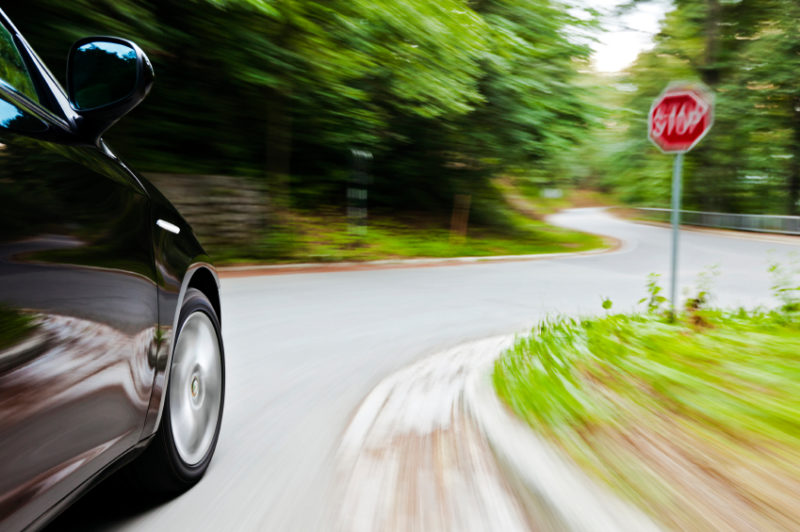The Alcotest 7110 breath-alcohol analyzer is used in a number of states including New York, Massachusetts, and Alabama. This device is manufactured by a Pittsburgh company called Draeger Safety, Inc. Draeger is a German company that makes breath-alcohol products that are listed on the National Highway Traffic Safety Administration Conforming Products List of Evidential Breath Measurement Devices. The Draeger product line includes a device that incorporates both infrared and fuel cell technology, the Alcotest 7110.
Features of the Alcotest 7110
The main feature of the Alcotest 7110 that sets the device apart from other equipment is its capacity to measure alcohol by its absorption of infrared light at 9.5 micrometers, while most other devices measure absorption at 3.4 micrometers. Another unique feature of the Alcotest 7110 is that it incorporates a fuel cell detector in addition to the infrared absorption detector.
When a DWI defendant’s breath sample passes through the breath chamber of the machine, the infrared light that shines through the chamber excites the molecules of alcohol, but does not destroy them. After passing through that chamber, the breath passes through the electrochemical detector and is analyzed by that detector. The single breath sample is analyzed twice for alcohol, once by absorption of the 9.5 micrometer light and once by the fuel cell. Fuel cells are very specific for alcohol and analysis of the breath sample by two independent methods ensures reliability.
Reliability of the Alcotest 7110
The Alcotest 7110 has been determined to be a scientifically reliable and accurate device for measuring breath alcohol. In a 2003 New Jersey case, State v. Foley, the Superior Court considered the scientific reliability of this breath instrument. The court found it to be reliable, basing its decision on the opinions of a number of experts, including Dr. Kurt Dubowski, who testified on the acceptance of both infrared breath alcohol testing and fuel cell alcohol analysis as well as his own experience testing Alcotest devices. In the case of State v. Chun, the New Jersey Supreme Court found that the Alcotest 7110 is scientifically reliable when the test protocol is followed by the operator and the instrument is functioning properly.
Legal Challenges to the Alcotest’s Reliability
Although the Alcotest machine has been determined to be scientifically reliable by a number of courts, there have been issues brought up by DWI defense attorneys with programming errors in the source code of the device which could potentially impact upon the accuracy of the machine.
The DWI defense attorneys in the Chun case had the Alcotest’s source code reviewed and have based a legal challenge on the reliability of the code. The New Jersey Supreme Court conducted a state-wide reliability hearing on the Alcotest 7110 which lasted over three years. The court eventually found that there were several issues and errors with the source code of the machine. A Draeger software designer testified in court that there was up to twenty-five percent error in the fuel cell measurement of the device. In 2010, a group of DWI attorneys in Massachusetts challenged the reliability of the Alcotest 7110, claiming that the blood-breath conversion ratio of the device failed to meet general acceptance standards. However, Massachusetts Lawyers Weekly reported in an article that a district court in Worcester ruled against the challenge in 2011 stating that the court in the Chun case had already determined that the alleged defects in the source code of the Alcotest machine did not undermine its scientific reliability.
The attorneys at the law firm of Nave DWI Defense Attorneys are experienced in handling DWI cases. If you need a lawyer who can help you obtain the best possible outcome in your DWI case, call the law firm of Nave DWI Defense Attorneys.
The exclusive purpose of this article is educational and it is not intended as either legal advice or a general solution to any specific legal problem. Corporate offices for Nave DWI Defense Attorneys are located at 432 N. Franklin Street, Suite 80, Syracuse, NY 13204; Telephone No.: 1-866-792-7800. Prior results do not guarantee a similar outcome. Attorney Advertising.





